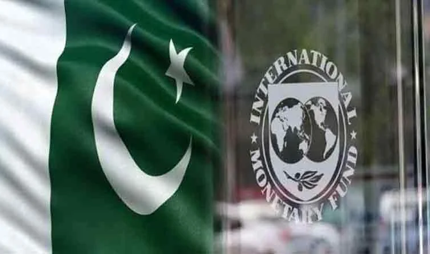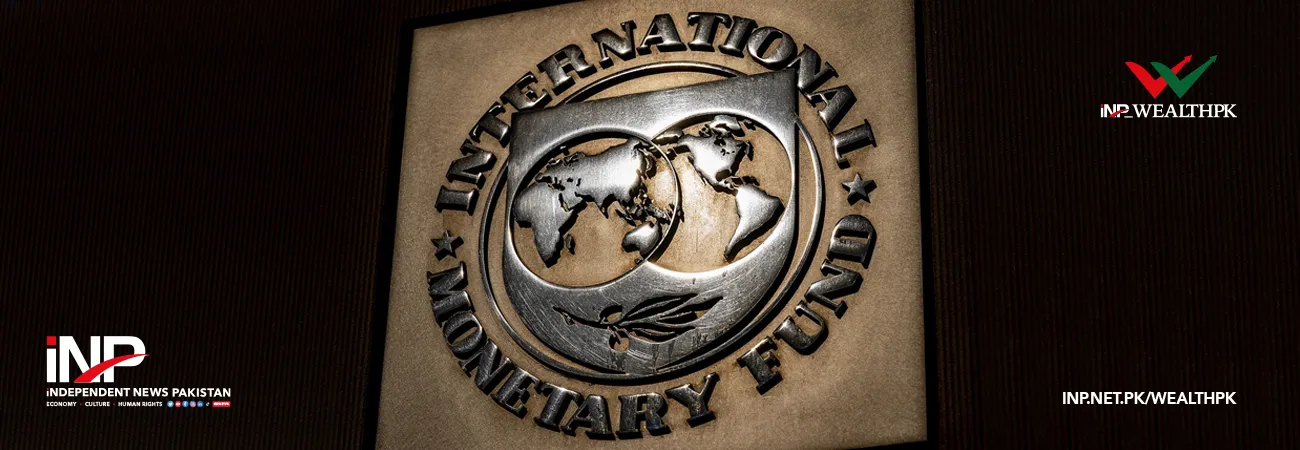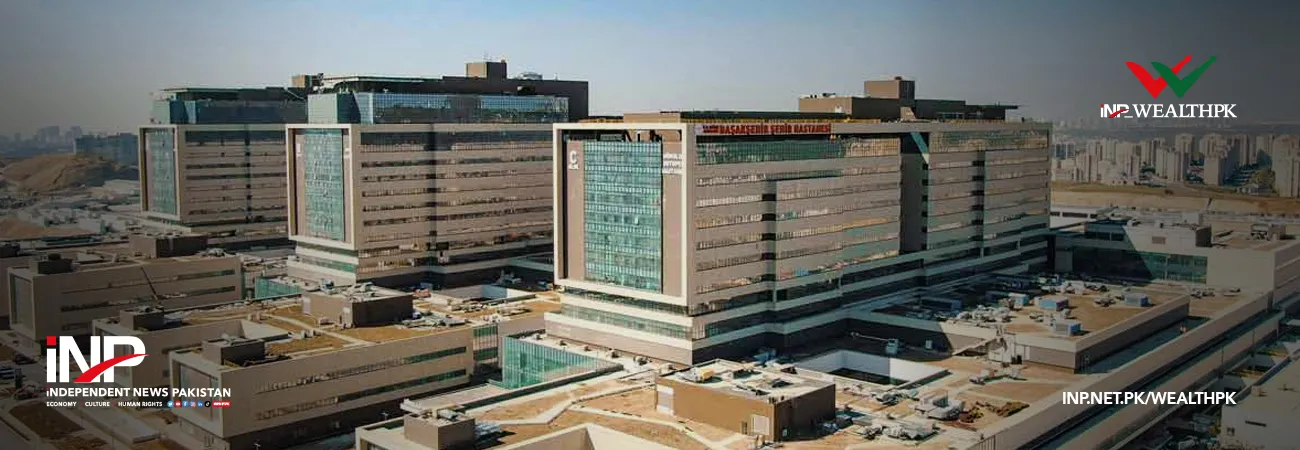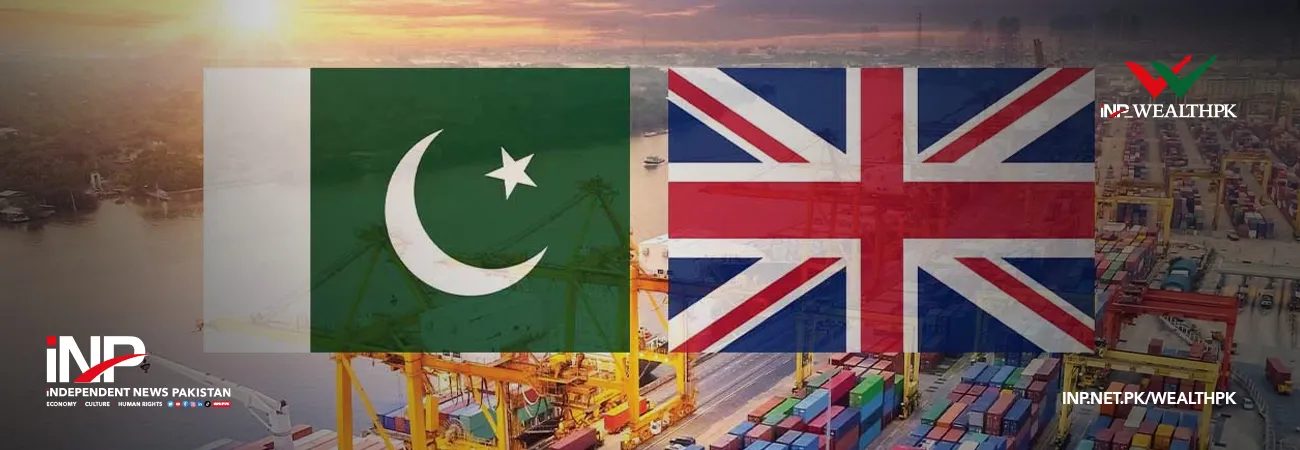INP-WealthPk
Ayesha Saba
Pakistan continues to rely on the IMF programs for financial autonomy and economic stability due to the country’s failure to fully execute the required economic reforms, said eminent economist and Dean of Social Sciences and Humanities at NUST Dr Ashfaque Hassan Khan while talking to WealthPK.

He said Islamabad’s repeated engagement with the Fund programs over the past few decades highlighted a complex relationship between economic assistance and sustainable reforms. While the IMF has played a critical role in providing financial relief to the countries facing economic crisis, the success of such programs hinges on a nation's ability to implement necessary reforms, he added. He argued that frequent changes in government, combined with political instability, had hampered the continuity of economic policies. Absence of a stable and coherent reform agenda has resulted in half-hearted measures that fail to address the root causes of economic fragility. Dr Ashfaq said the IMF programs often involve austerity measures that disproportionately affect the lower-income population.
Quoting an example, he said Brazil, while undergoing the IMF-supported reforms, implemented targeted social programs to protect its most vulnerable segments from the negative impacts of economic restructuring. Pakistan too must follow the suit and ensure that any reform plan includes mechanisms to shield the poor from potential hardships, particularly in areas such as food security, healthcare, and education. Dr. Ashfaq added that while the IMF programs offer a framework for stabilization, Pakistan must adopt a more holistic, inclusive approach that factors in the country’s socio-political landscape. "We need a customized plan that not only addresses the immediate economic crisis but also sets a path for sustainable growth. This means prioritizing reforms that can work within our institutional capacities, rather than imposing one-size-fits-all solutions.”
Talking to WealthPK, Umair Ahmed, Senior Research Analyst at the Pakistan Business Council, said failure to invest in key sectors like manufacturing and technology had left Pakistan overly dependent on imports, contributing to its persistent balance of payments problems. He argued that without a concerted effort to enhance domestic production and reduce reliance on imports, the country will continue to face recurring financial crisis. “To break this cycle, Pakistan must focus on genuine economic reforms, starting with improved governance, better tax collection, and investment in industries that can drive export growth. Without these measures, the country risks remaining stuck in a pattern of relying on the IMF loans to address fiscal emergencies, only to find itself in need of further assistance a few years down the line,” he emphasized.
Credit: INP-WealthPk













